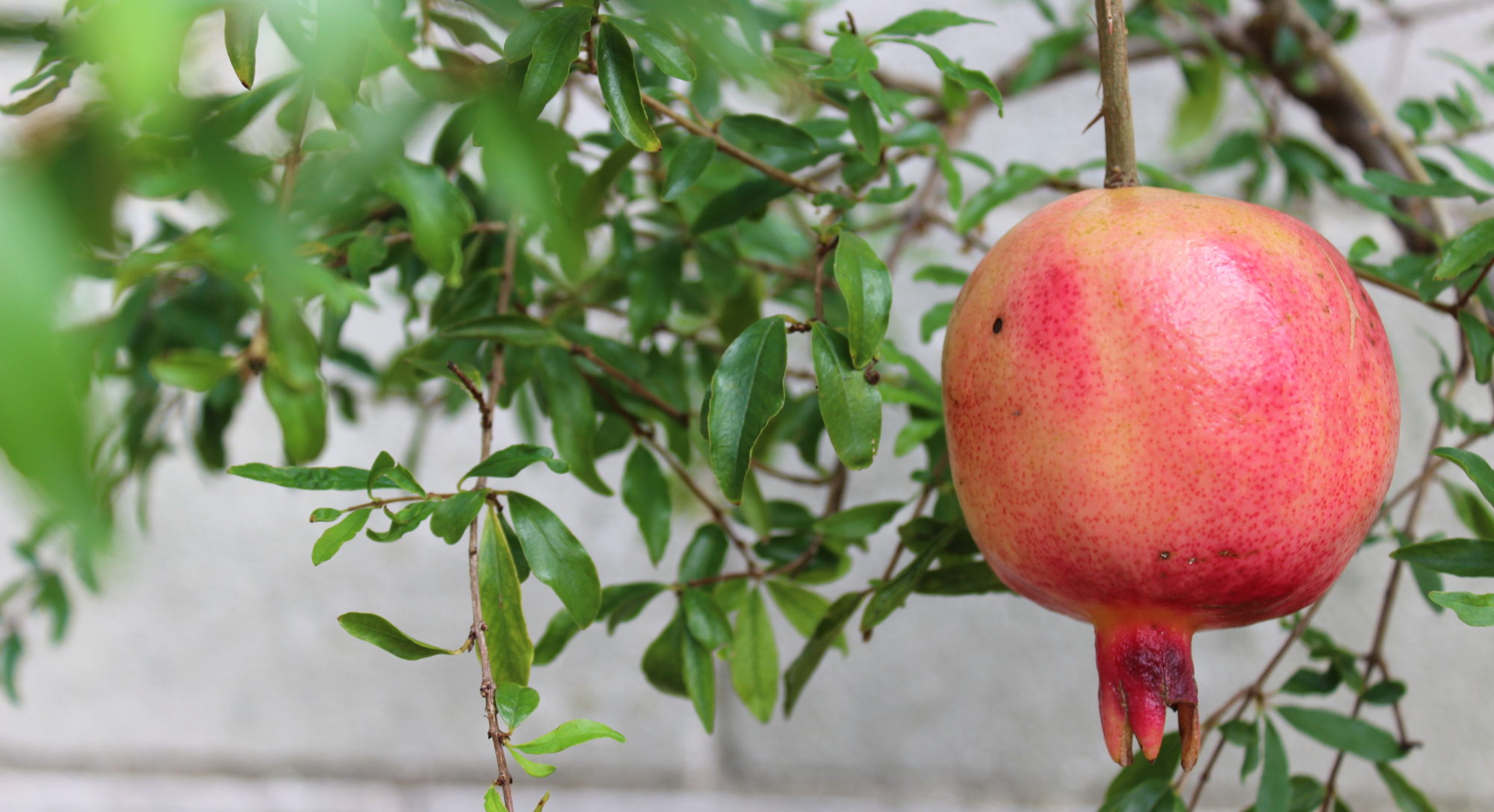Before starting the extra rounds of chemo, my oncologist gave me a six-week break from treatment. During this time, unexpectedly, my hair started growing back. The baby hairs on my head were short and impossibly soft, a silky suede I couldn’t help but invite my friends to feel. My eyelashes came back too, tiny and dense – a dark furry eyeliner. I greeted this new growth with delight, particularly the return of my eyebrows and eyelashes. I didn’t recognize my face without them, and I disliked how their absence made me seem more obviously sick. Even after six months of chemotherapy, I still strive to be, to look, as healthy as possible.
But today, when I run my hand over my head, it is quickly covered with short dark hairs that are already falling out again. After three extra chemo treatments, I wake up in the morning to a pillow covered in tiny strands. My new eyelashes are falling out into my eyes. I feel a sadness for these eager new hairs that managed just a few millimeters of growth before already – again – dying.
Before my hair fell out the first time, I thought I was psychologically ready for it. I had cut my long locks short, and adjusted to seeing my new look in the mirror. I’d bought a soft brush that wouldn’t pull on the delicate strands, and I had reduced how many times a week I washed my hair. But one morning in the shower, it all started coming out at once. Handful after handful. Standing under the streaming water, I felt like it might never stop and I started to cry hot tears of panic.
I called out for Matt.
There have been many times throughout my illness when I’ve wanted to do things on my own. Asserting my independence gives me back some power, helps me feel like I still have something valuable to contribute to my family, to the world. There is a raw vulnerability that comes with depending on others, and it can feel almost shameful.
But Matt manages to see through my bravado. He has insisted on being there even when I’ve told him I can do it on my own. He somehow, miraculously, has done this right from the start. Before I was diagnosed, when my doctor had told me there was a “99.99% chance that everything will be fine”, he still stubbornly came to the next appointment and so was with me when I first found out I had cancer.
He watches, now, as I get increasingly sleepy on the couch in the evenings and he cajoles me into bed before I get too tired to walk. He waits patiently with me for doctors’ appointments. He comes along to each of my long chemo sessions, ready to make me cups of tea and ensure I always have a warm blanket.
And that day, when I found myself standing in the shower holding clumps of hair in my hands, he got undressed and came into the shower with me. With a plastic bag, he stood next to me under the running water while I disposed of clump after clump of dark wet hair. And then he walked with me to his hairdresser, and stood by the chair as the barber shaved off the sparseness into a tidy buzz-cut.
A friend told me recently that when we want to help people, it is important to just be “with” them instead of striving to somehow fight for them or fix things.
I am deeply grateful that Matt has the ability to know when I need him to be with me – not to try and fix the unfixable, or fight the unwinnable. As I lose my hair a second time, he tells me I look beautiful and that it doesn’t matter. He rubs the top of my head to feel the soft dark hairs remaining. He gently accompanies me, and by being by my side allows me the power of doing things “for” myself while never letting me feel like I must do anything “by” myself.



